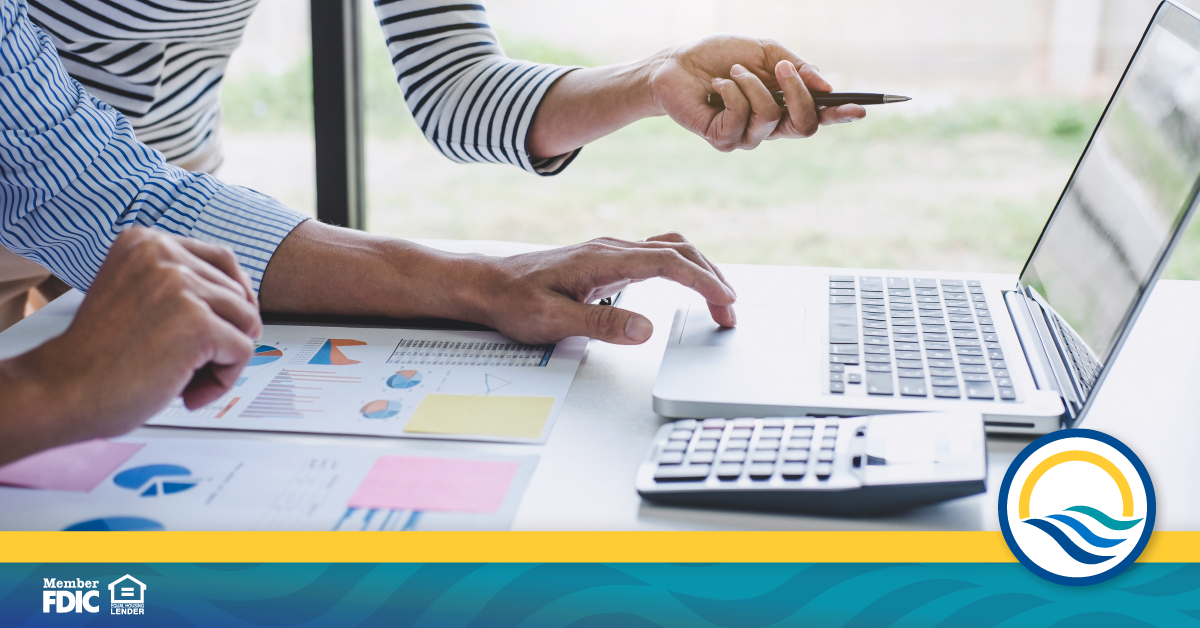How Your Company Can Make a Financial Fresh Start

Undoubtedly, it’s a trying time for businesses across all different industries. From supply chain issues to problems resulting directly from the pandemic, financial struggles are not uncommon—especially among new and emerging businesses. If you find your company falling on hard times, you can enact some strategies to help dig your business out of the hole and get a fresh start.
Determine your debts and costs
You can’t truly get a handle on how you’re sitting financially without pulling together the numbers. Steve Nicastro, writing for NerdWallet, recommends taking inventory of all your outstanding debt and organizing it by interest rate and monthly payment. Debts with higher interest rates will continue to be a drain on your business if they are not handled more immediately.
For a comprehensive financial picture, you’ll also want to track your fixed costs and monthly expenses. Having these numbers might give you a good concept of where you could potentially save money by downsizing. Nicastro recommends cost-cutting measures like selling unused property or equipment, sharing resources and associated costs with other businesses, or downsizing to a smaller space.
Consolidate and refinance
When your debt is pulling you in all different directions, consolidation streamlines these different strands so you can zero in on getting back into the black. As Nicastro notes, this can also prove beneficial if you’re able to refinance your debt at a lower rate.
High-interest credit card debt can be particularly damaging to your finances, especially if you’re only making the minimum payment. Nicastro recommends initiating a balance transfer and dumping that debt onto a new card with a low introductory rate. If you can pay the balance off before the promotional rate expires, you could save yourself hundreds if not thousands of dollars.
Consider SBA loans and debt relief
As ever, the U.S. Small Business Administration is a great resource if you’re looking to get back on top of your finances and start fresh. One opportunity to consider if you’re looking to wipe out high-interest debt is a COVID-19 Economic Injury Disaster Loan, which is more borrower-friendly than a typical business loan. The SBA also offers an EIDL Advance program for businesses in particularly precarious situations, providing access to funds that do not need to be repaid.
If you previously took out a business loan via the U.S. Small Business Administration and are struggling due to COVID-19, you may also be eligible for debt relief. According to the SBA, the CARES Act authorizes payment of up to six months of principal, interest, and fees owed on 7(a), 504, and microloans. The level of assistance varies by date of loan approval.
Businesses in the food and service industries are among the hardest hit by the pandemic. The American Rescue Plan Act and its Restaurant Revitalization Fund look to help these valuable small businesses stay afloat by covering up to $10 million in revenue lost due to COVID-19.
Operating a successful business during a time of global crisis can feel trying and taxing. But you’ve worked too hard to give up your dream. Take these and other steps to rein in your debt, be proactive about your business’ finances, and get yourself back onto a level playing field in 2022.
